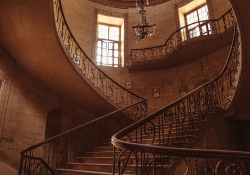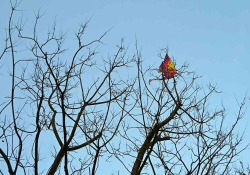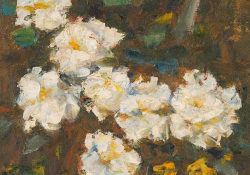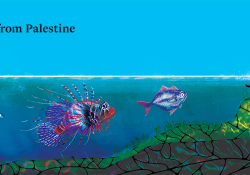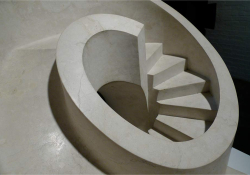Burmese Days
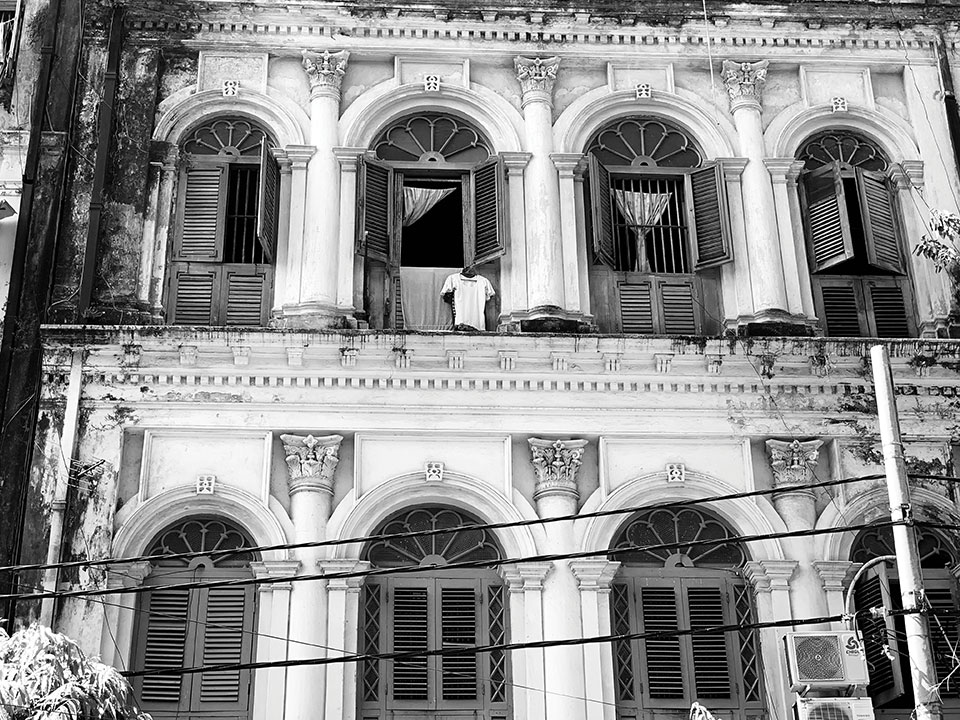
I
The alleys are blind,
the streets are worn.
Everyone has left,
but tea is offered.
Bone china cup,
we’re together in a room
with high ceilings,
huge windows, polished floors.
Overhead,
a whirring fan.
Outside, a city bares its soul
through broken shutters
and peeling walls.
Lacquered silence.
A river’s black onyx
silts pure melancholy.
Life here has the air
of a dying art.
II
Nothing is whole:
a boy slices into his bone
sawing a jade green stone;
a girl spins silver thread
stolen from the moon.
There, one story ends
and another begins,
two characters
in search of a future.
III
Tamarind,
turmeric,
betel nut.
A monk billowed
in sunset orange.
A novice draped
in shadowy dawn.
Everything is stained,
dyed or shorn.
A cage loses its author,
a tree begets a shrine,
a wilted traveler drinks water
from an incidental clay pot.
The heat is trapped,
but prayers are born.
An old woman peers
out of her window.
A pigeon alights
on a blackened ledge.
A gray hair drifts
into the pale light.
A gray light drifts
onto her pale hair.
An anguished voice,
its colossus grief,
a lost emperor’s grave,
his scripted sleep.
We are all exiles here,
but for a moment
we abandon our fear,
call that which is torn.
Author’s note: After five years of exile in colonial captivity, the last Mughal emperor, Bahadur Shah Zafar, died in Rangoon on November 7, 1862. Frail and humiliated, nearing ninety years of age, he disappeared without a trace; the grass grew over his unmarked grave, making it impossible to locate.
A Sufi and a poet, just before his death he wrote: “Not to be heard, not a spirited song; I am the voice of anguish, a cry of colossal grief. . . . Life comes to an end, dusk approaches; in peace I will sleep, sheltered by the grave.”


